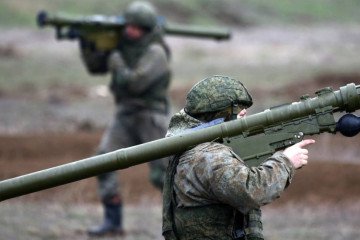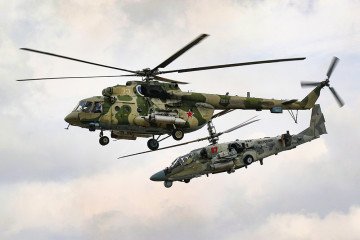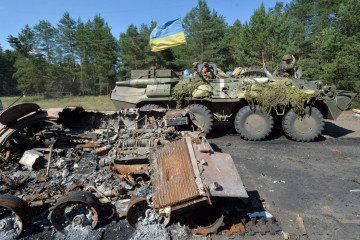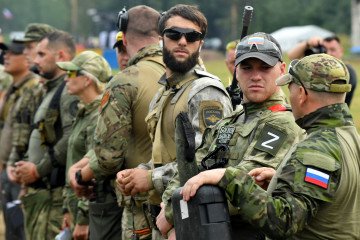- Category
- Latest news
Russia to Open Military Training Camps for Girls on Temporarily Occupied Ukraine
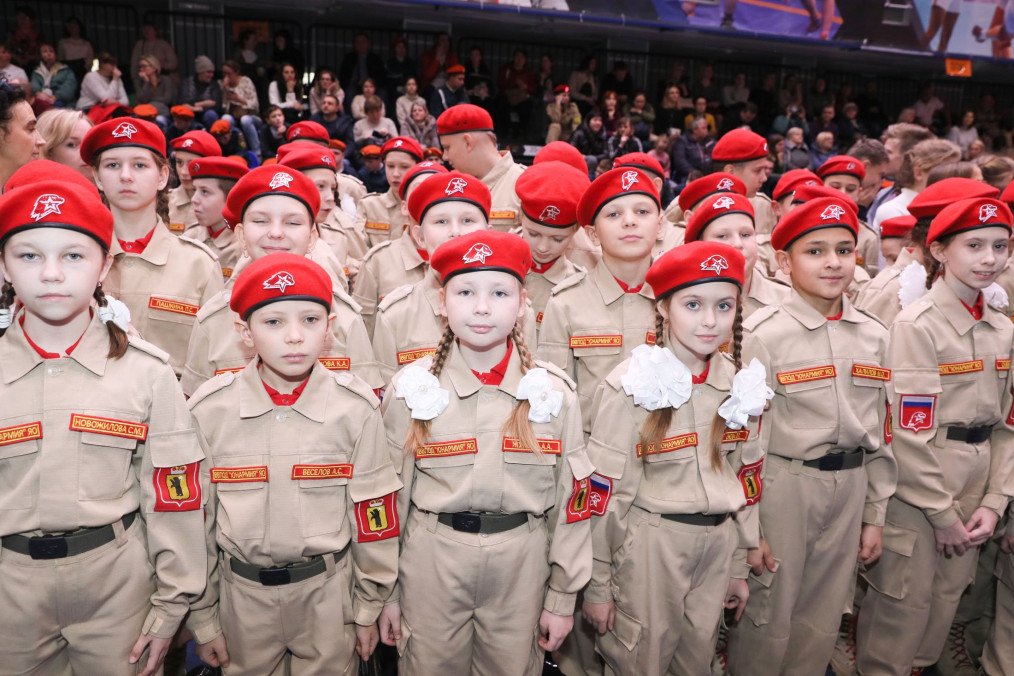
Russia is reportedly planning to open military training camps specifically for teenage girls on the temporarily occupied territories of Ukraine, according to Ukraine’s Center for National Resistance (CNS).
These camps are part of a broader effort by Russian occupation authorities to militarize local youth and instill pro-Kremlin ideology.
According to the CNS, girls in these camps will receive training in tactical medicine and drone operation. In addition to military instruction, participants will undergo ideological programming aimed at promoting Russian state narratives, including anti-Western rhetoric and shifting blame for the war onto Ukraine.
The establishment of these camps follows a pattern observed across various occupied regions. In Luhansk, for example, Ukrainian students and schoolchildren are being subjected to military training conducted by Russian personnel involved in combat operations.
The CNS has warned local residents to avoid participating in such initiatives.
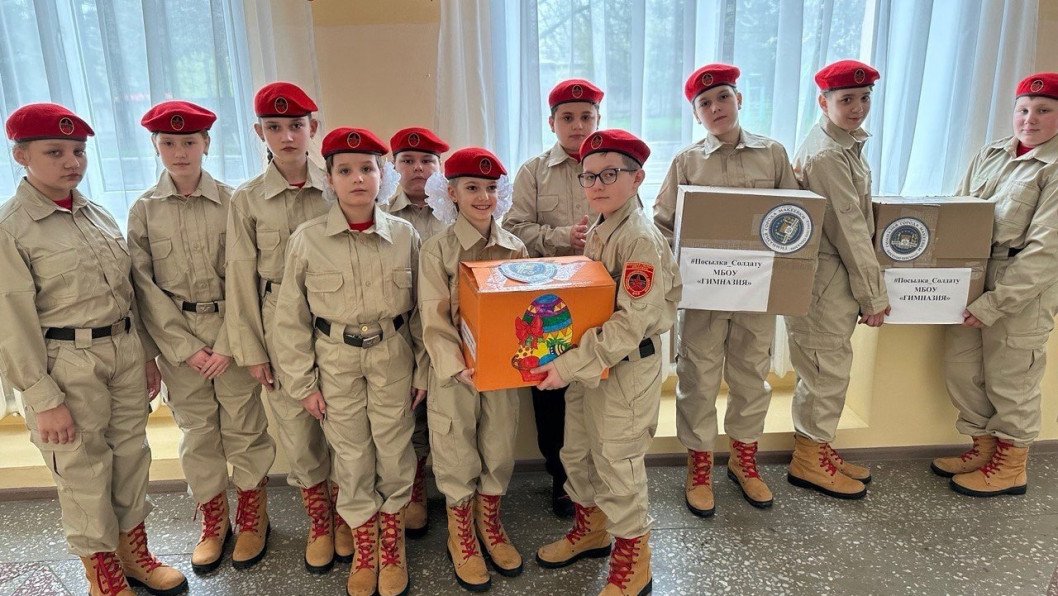
In occupied Melitopol, Russian-installed officials have begun inspecting the living conditions of children who have lost one or both parents due to the war.
These inspections, presented as routine visits by child welfare representatives, include document checks and home assessments. According to the CNS, these actions may be preparatory steps for the forced relocation of orphaned or unaccompanied children to Russia.
Earlier, Russian authorities were reported to have transferred children from occupied Bilovodsk in Luhansk region to a military camp near Novosibirsk, Russia. The camp, called “Young Soldiers,” hosts children aged 11 to 17 and provides tactical, firearms, and drill training as part of the federal “Faces of Friendship” project.


